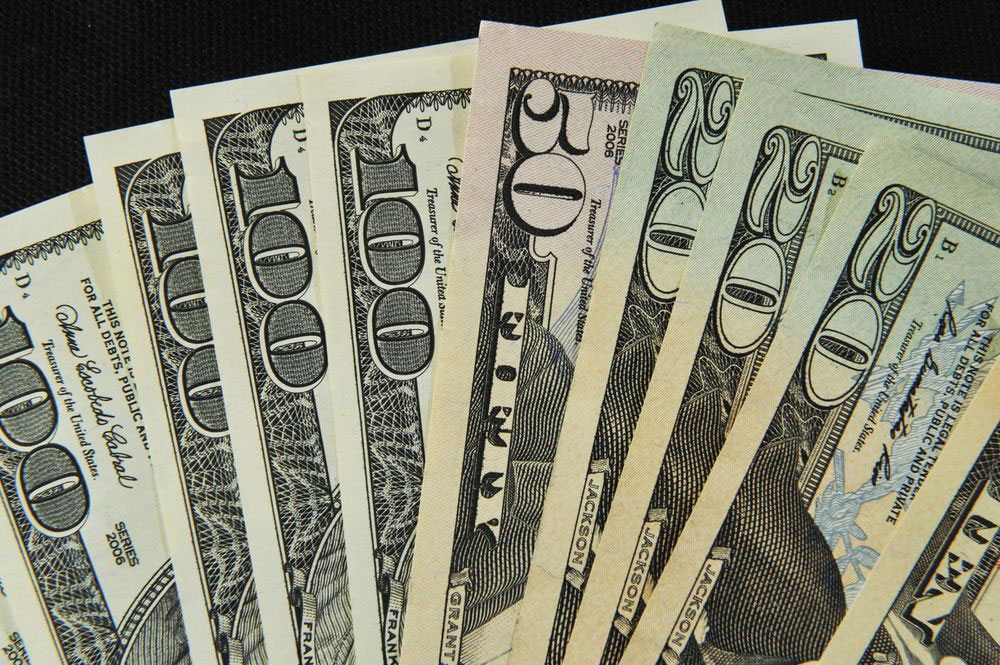


There is increasing attention to bank fraud risk amidst Covid-19. “A crisis is like the fog of war,” said Starling Advisor Thomas Curry. “Banks redirect resources to critical areas and neglect other risks that bite you down the road.” Curry served as Obama’s Comptroller of the Currency and sat on the board of the Federal Deposit Insurance Corporation. From such perches, he watched the Financial Crisis unfold and was one of those tasked with trying to keep the U.S. financial system afloat.
Curry observes that, following the Crisis, misconduct scandals that had previously gone unnoticed caught the attention of aggrieved taxpayers who had just “bailed out” the banks. Firms faced large punitive fines and a continuing resentment from both sides of the political aisle.
Now, in the middle of the Covid-triggered economic crisis, fraud risk seems once again to be flying largely under the radar. As in 2008, regulators are focused on making sure that banks have the ability to lend, and many have suspended conduct risk supervisory activities. “The Fed has been trying to say to the banking community that in this crisis environment we don’t want the constraints we normally put on you. We don’t want to hamper your ability to lend to clients,” said Gary Cohn, Starling Advisor and former Goldman Sachs COO who served as Trump’s first chief economic adviser.
“Banks need people to be working together in a cooperative fashion and watching and listening to each other,” Cohn added. “That is what the Fed would call a first line of defense: Overhearing conversations, looking at presentations, or looking at the way you talk to a client. Or calling a compliance officer – ‘Can you guys look at this?’ When people are sitting in their bedrooms. There is no one there to look over their shoulder.”
When emergency efforts wind down, and financial system overseers conduct the inevitable look-back, should they discover bank misconduct while billions of dollars were rushed to support struggling business and households, we can expect a backlash against the industry that will be perhaps far more prominent than that which followed the 2008/09 crisis. “There will be pitchforks,” said Starling founder and CEO Stephen Scott.
Keep Reading (Paywall)